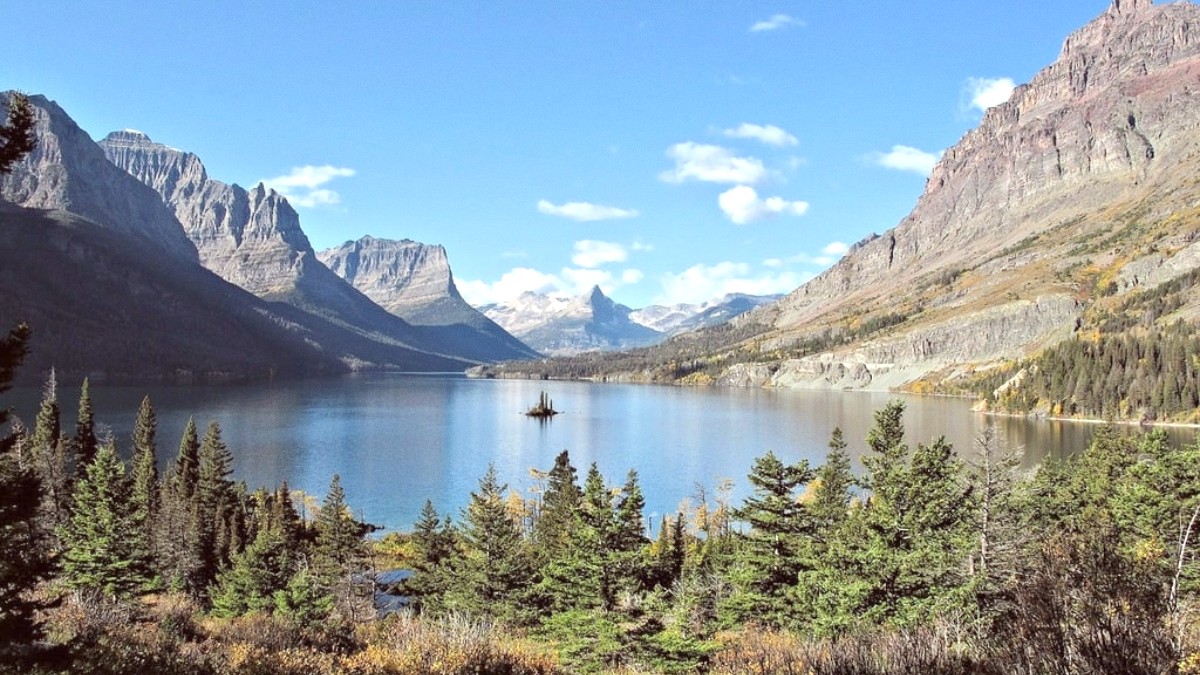
Alberta, Canada
ATMs are widely available throughout Edmonton in banks, shopping malls, and convenience stores. Major credit cards like Visa, MasterCard, and American Express are accepted at most establishments, including hotels, restaurants, and shops.
Consider using credit cards with no foreign transaction fees for better exchange rates.
Hostel bed (dormitory): CAD $30-60; Budget hotel/motel room: CAD $80-150; Mid-range hotel room: CAD $150-250; Luxury hotel room: CAD $250+.
Vacation rental (e.g., 1-bedroom apartment): CAD $100-200+.
Fast food, casual cafe, food court.
CAD $10-20 per meal.
Coffee/Tea: CAD $3-6.
Mix of casual and sit-down restaurants.
CAD $20-40 (excluding drinks).
Domestic Beer: CAD $7-10.
Upscale restaurants, premium cafes.
CAD $50+ (excluding drinks).
Specialty drinks extra.
Edmonton Transit Service (ETS) single fare: CAD $3.50 (exact cash on buses). ETS Day Pass: CAD $10.00. Taxi/Rideshare (short trip): CAD $15-30.
West Edmonton Mall attractions (e.g., World Waterpark, Galaxyland): CAD $50-70 per activity. Royal Alberta Museum: CAD $21. Muttart Conservatory: CAD $16.50. Fort Edmonton Park: CAD $26.20 (seasonal operation). Art Gallery of Alberta: CAD $14. TELUS World of Science: CAD $32.
15-20% customary for service industries.
Varies by personal preference and purchases.
Incidentals and unexpected needs throughout your journey.
Always recommended for unforeseen circumstances or delays.
Booking in advance often secures better rates for flights and lodging.
Edmonton is a generally safe city for tourists. Be aware of common health concerns and local safety guidelines for a comfortable visit.
Canada operates an universal healthcare system, but this does not cover non-residents. International visitors typically pay for medical services out-of-pocket or through travel insurance.
In case of a life-threatening emergency (Police, Fire, or Ambulance), dial 911 from any phone. This number works across Canada.
Edmonton remains a generally safe city for tourists. Violent crime rates are relatively low, especially for visitors in tourist areas.